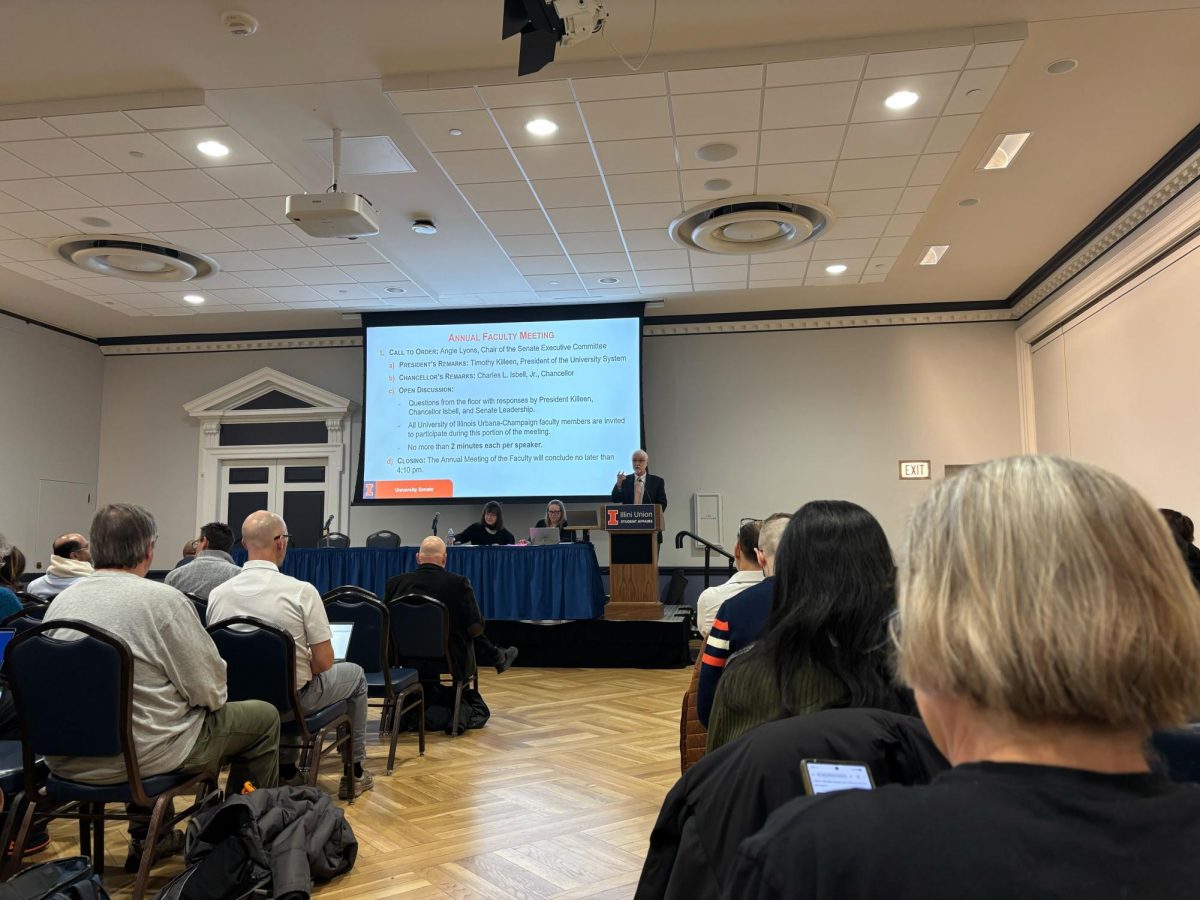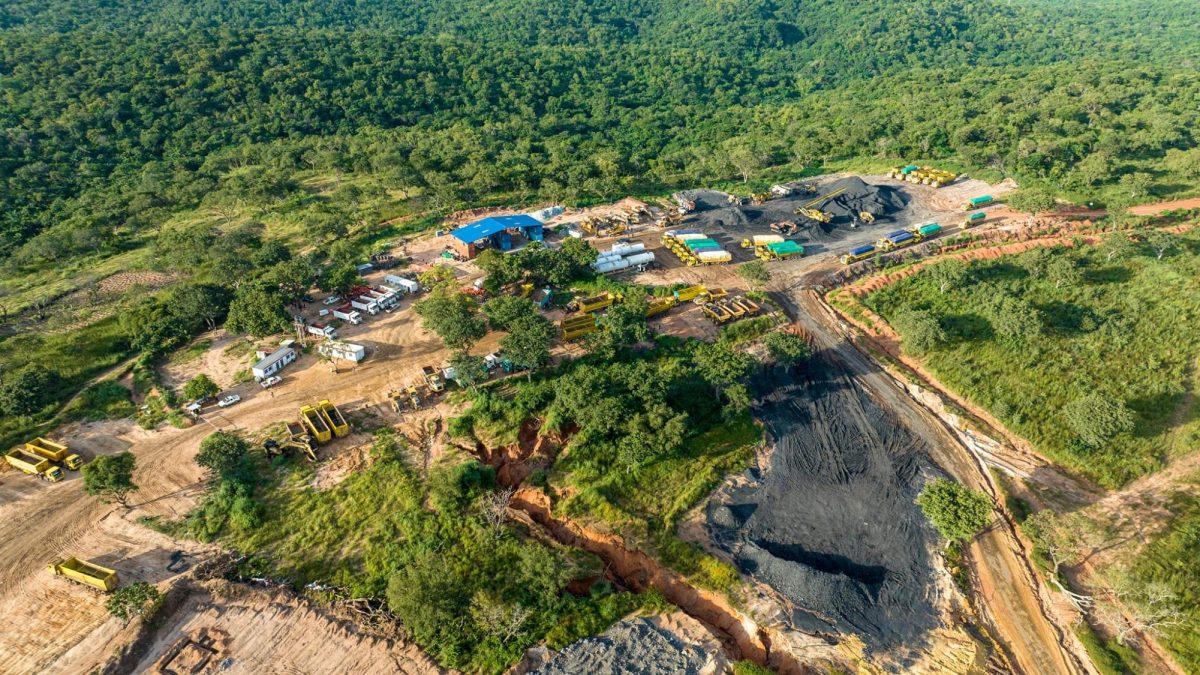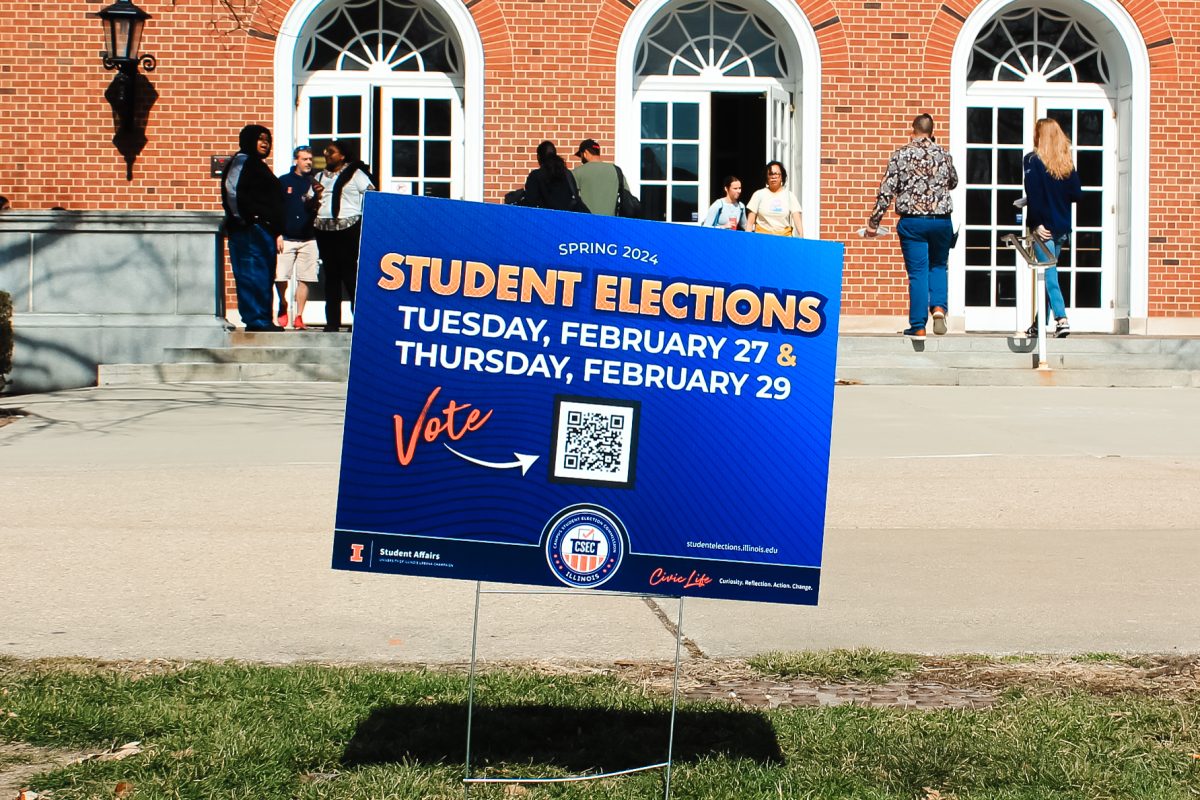Eleven years after its last nuclear reactor was shut down, the University may be making strides to reinstate a new one on campus.
The Illinois Student Senate approved a resolution April 8 to create a new integral fast reactor for use by the nuclear engineering department.
“The integral fast reactor is a research reactor,” said David Wall, freshman in LAS. “It takes spent fuel from your normal reactor and uses it as more energy.”
Spent fuel, or fuel that has already been used, is a problem in energy consumption and conservation, said Wall, who served in the U.S. Navy as an electrical and nuclear operator. The new reactor would enable engineers to use this energy instead of leaving it in the form of waste.
Wall said this is the equivalent of taking a tissue box full of used or spent fuel and creating a shot glass-sized amount of waste out of it.
Get The Daily Illini in your inbox!
“It’s a great idea for an alternative fuel source,” Wall said.
David Ruzic, professor in nuclear engineering, said the integral fast reactor is fueled by transuranic elements, unstable “man-made” elements such as plutonium or neptunium that are created by nuclear reactions.
“You do your waste reprocessing right there in the system,” he said.
The reactor reuses fuel through a multi-step process. The reactor’s fuel rod is taken out of the reactor and chopped up, Ruzic said. Then, the fuel rod pieces are put into a series of processing machines, creating energy and another new fuel rod.
“I take that fuel rod and I put it back into my reactor,” Ruzic said.”Integrated. Integral fast reactor.”
The next step will be to talk with University officials, said Jason Webber, graduate student and one of the creators of the resolution.
Last fall, the Illinois Student Senate picked up the idea and began to develop it, he said.
The last research reactor on campus was built in 1959 and was in service until 1998. It was decommissioned and dismantled in 2004.
Wall said the new reactor would also be safe, as it shuts itself down if anything becomes threatening.
“In old reactors, as the reactor got hotter, the power increased as well — that’s bad,” Webber said.
In the integral fast reactor, as the heat goes up, the reactor will begin to shut itself down, he said.
The Department of Energy also requires strict qualifications of nuclear reactor operation, meaning only the most highly qualified participants would be able to run and operate the reactor, he said.
“Ultimately, it’s up to the University if students are able to work with it,” Webber said.
Paul Schmitt, student member of the board of trustees and senior in LAS, said the new reactor would also help deal with power issues at the University.
Schmitt said a new nuclear reactor would help deal with the energy crisis by implementing a new form of fuel usage.
“I’ve been helping bat the idea around with University administrators, who’ve looked at is as far as feasibility is going,” he added.





